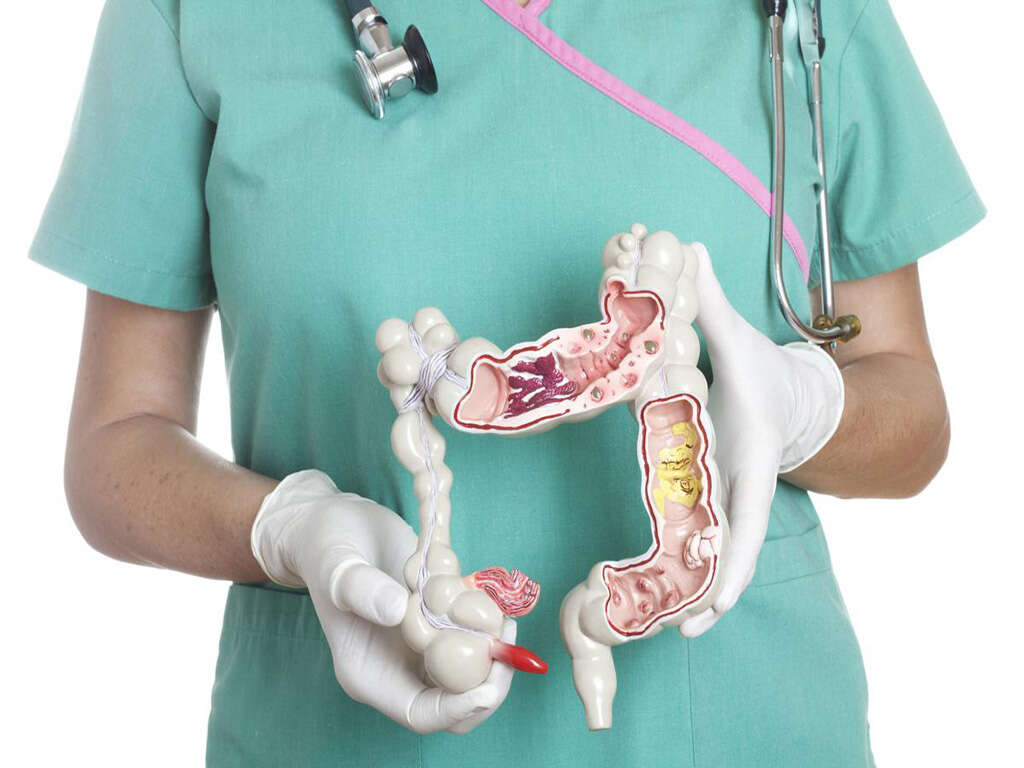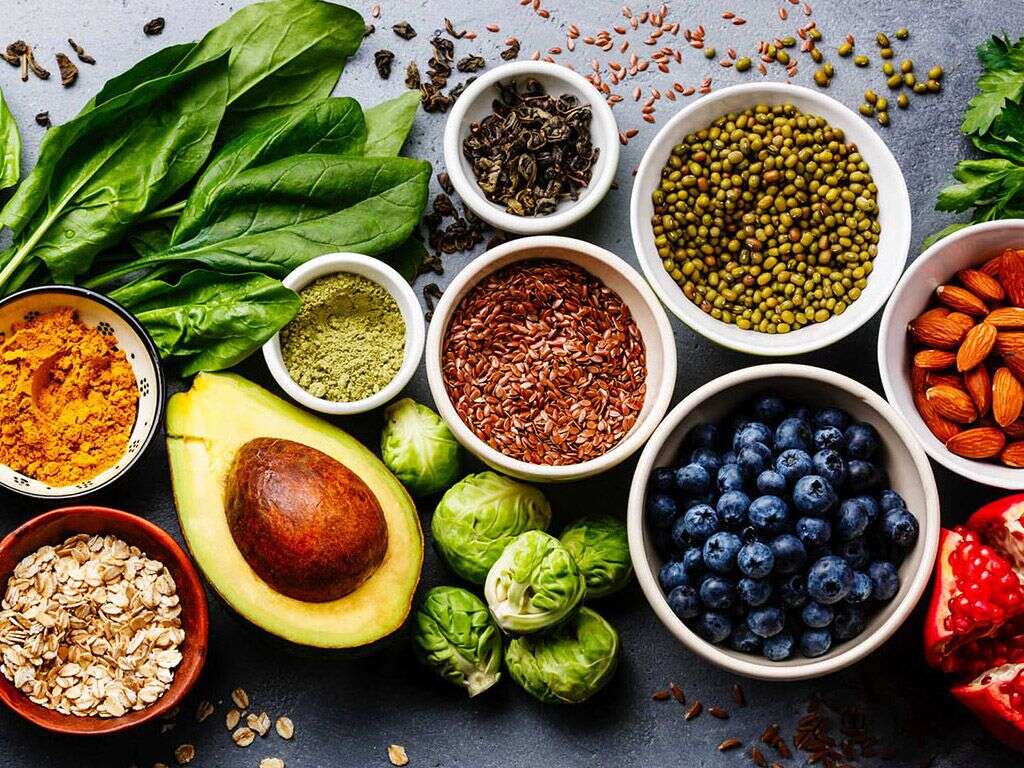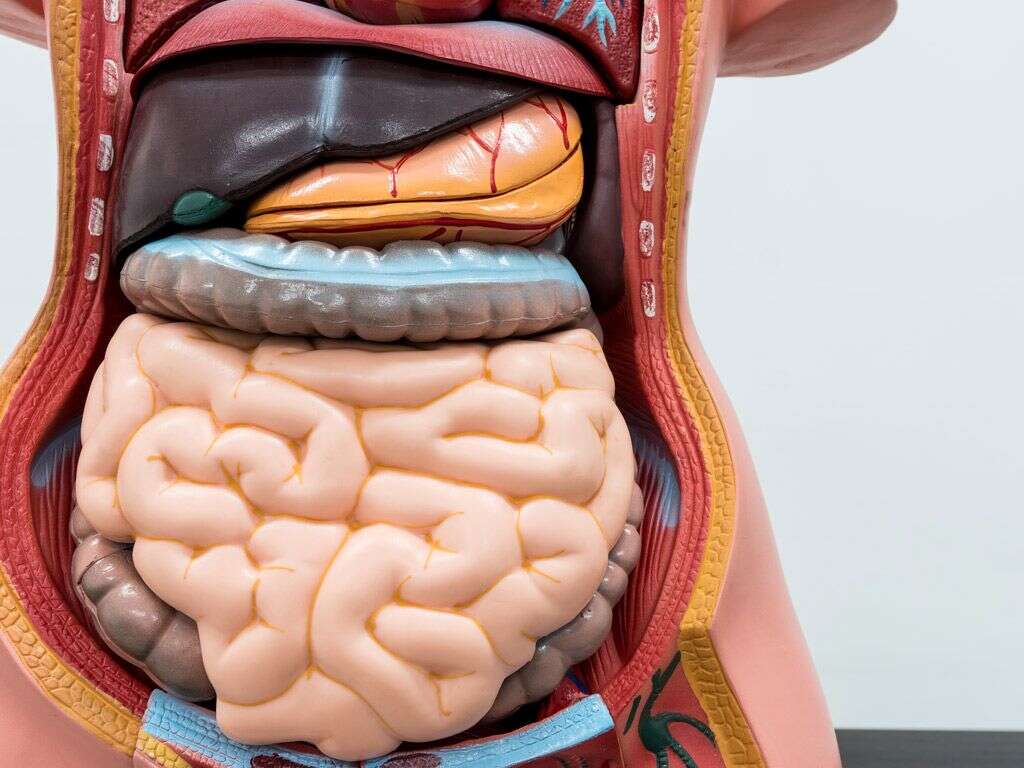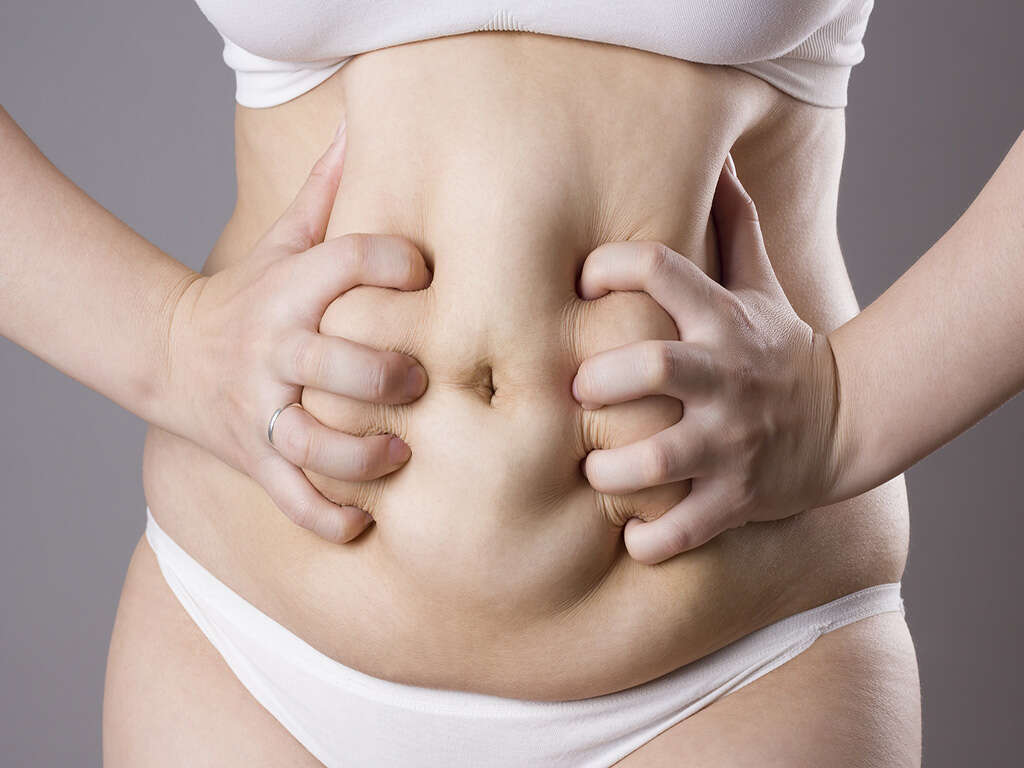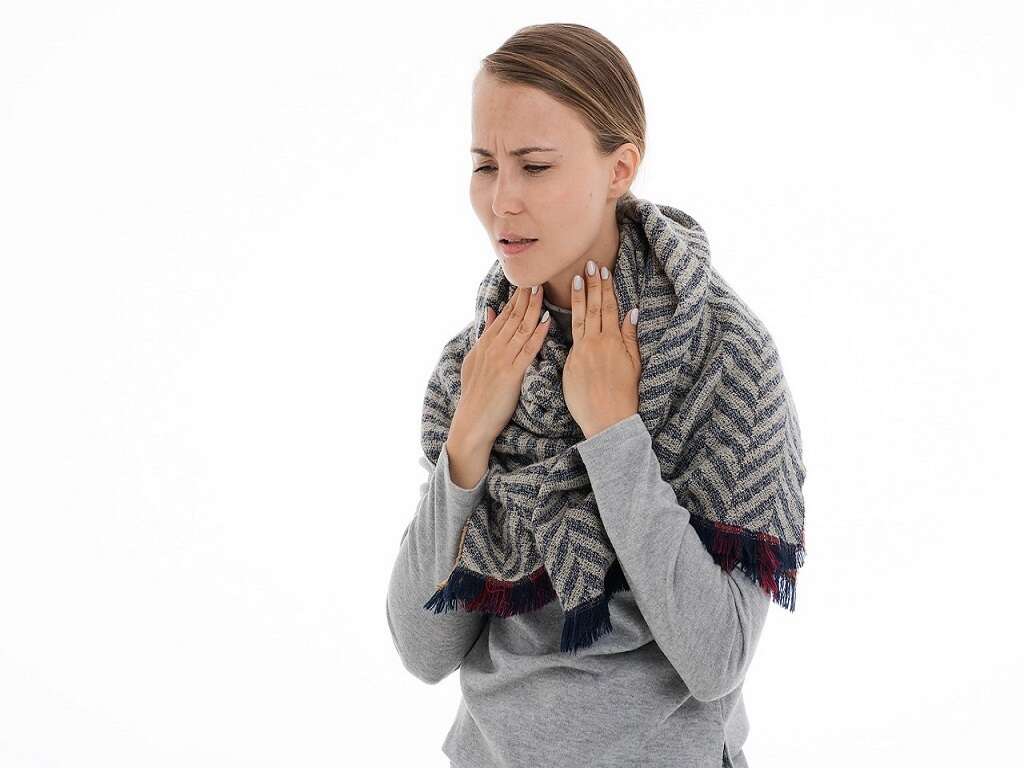10 Diverticulitis Symptoms
Diverticulitis is the condition in which diverticula - which is the term used to describe the pouches that form in the walls of your intestines, usually it is the large intestine that is most commonly affected, get inflamed which results in diverticulitis. Diverticulitis has been described as the most severe type of diverticular disease. Unfortunately, the exact cause that is to blame for the occurrence of diverticulitis is unknown.
The key risk factor for developing diverticulitis is, of course, age. It is suggested that the older you get, the higher the risk of diverticulitis is. A poor, low-fiber diet is also considered as a strong risk factor for developing diverticulitis. Diverticulitis is diagnosed using blood tests and CT scans if needed. The treatment plan usually consists of a special diet, lots of fluids and rest. If needed, surgery can be performed as well.
Symptom #1: Inflammation
As we mentioned in the beginning, as a result of an infection - usually a bacterial infection, the diverticula become inflamed as the process of inflammation develops.
Inflammation is a serious process that endangers the colon, and it needs to be treated as soon as possible. It is the inflammation, this serious symptom that causes all the other characteristic symptoms of diverticulitis to develop with time as well. Any added pressure over the area of the colon where inflammation has developed will only make the patient’s condition worse.
Symptom #2: Digestive Problems
Digestive problems can differ from constipation to extreme diarrhea. Usually, it is constipation that causes these pouches - diverticula to get inflamed because the intestinal walls get weaker and weaker.
Once these pouches are inflamed, and diverticulitis has developed, the diarrhea steps in. Usually, it is severe, extreme diarrhea that is happening. Acute diarrhea often occurs along with severe stomach cramps and nausea, even fever.
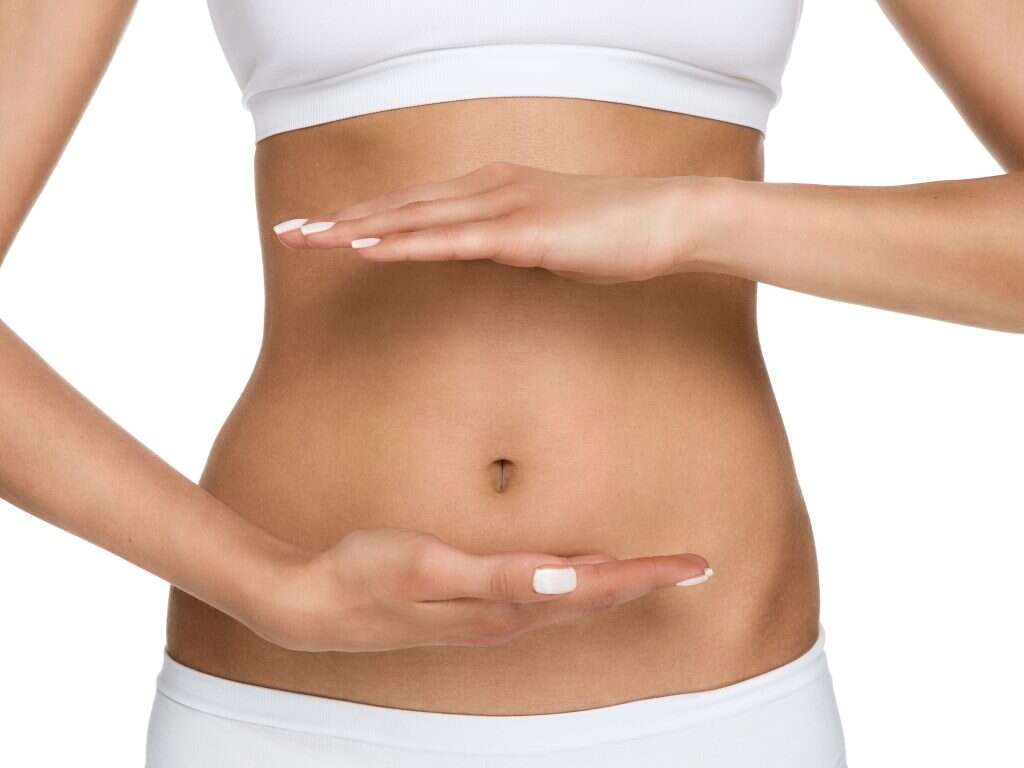
Symptom #3: Stomach Pain
As the infection progresses and the inflammation sets in, most patients experience mild to severe stomach pain. Their stomach pain is usually accompanied by stomach cramps, rigidity, and the previously mentioned digestive problems.
Most patients complain of stomach pain in their lower left side of their stomach. However, in some cases, patients describe their pain in their lower right side of the abdomen, a symptom which is considered to develop due to genetic reasons, usually among Asian patients. Stomach pain makes diagnosing diverticulitis a bit tricky since it is a symptom that occurs due to so many different digestive issues and diagnosis.
Symptom #4: Fever
Characteristic for any infection really, fever is the one symptom that should be expected when we are talking about diverticulitis since it is an infection that causes the inflammation of the diverticula to develop.
It is not uncommon in cases of diverticulitis, for the patients to experience high fever - reaching up to 100.4 Fahrenheit or even higher in some cases. The fever can be accompanied by chills. Once you experience fever, that is the sign that you need to seek medical help right away. Luckily, fever is a symptom that is easily manageable. Once you begin taking proper antibiotics to sustain the present infection, your fever will go away.

Symptom #5: Gas
As a result of the digestive problems that you experience due to diverticulitis, the chances are that you are going to experience gas problems and bloating as well. While going through the symptom of massive gas problems, you will probably also experience extreme abdominal pain and cramps. The gas problems have been reported to last for several weeks, occurring off and on again. It has been suggested that in order to reduce the gas problems, you should avoid any foods that are known to cause gas and/or bloating such as beans.
Drinking lots of fluids, especially water, has been suggested to have a great effect on your digestive system at these times. You may feel some relief after you have experienced diarrhea and you will probably experience more severe gas attacks during the period of constipation.
Symptom #6: Abdominal Tenderness
As a result of the present inflammation of the diverticula, not only is it possible for abdominal cramps, constipation, and diarrhea to develop, it is highly possible that abdominal tenderness develops as well.
Your abdomen will become sensitive whenever pressure is applied on and in you will feel pain at touch and pressure. If you start experiencing abdominal tenderness that is not usual and it is accompanied by abdominal pain, nausea, fever, diarrhea and so on, please do consult your doctor immediately.
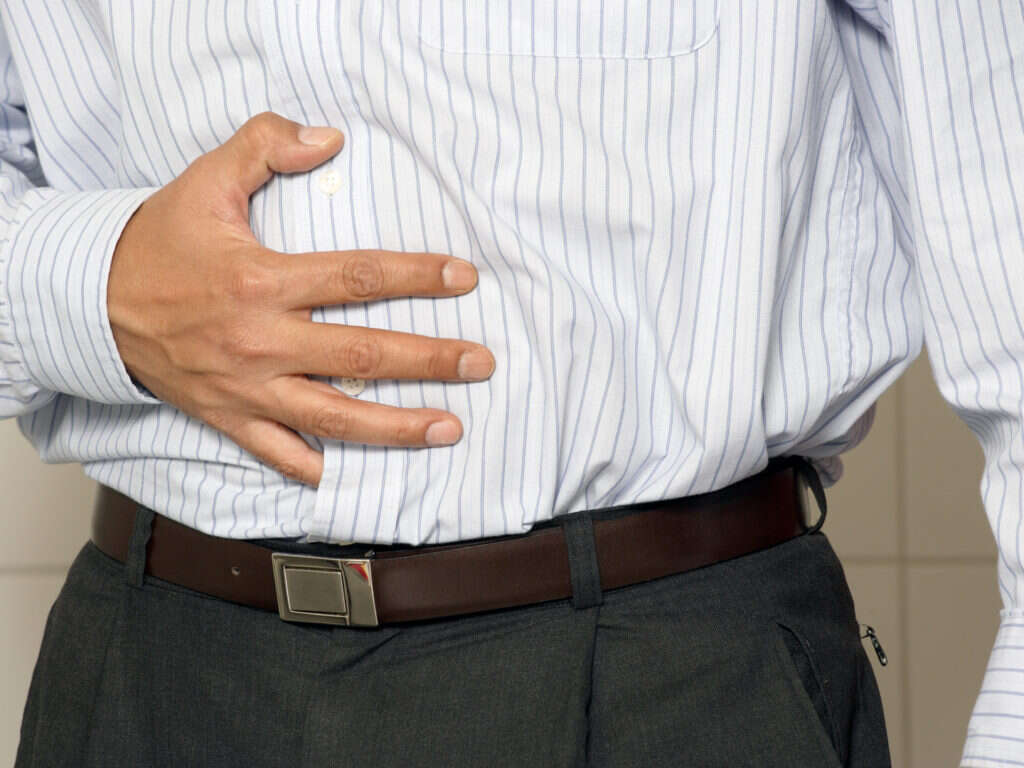
Symptom #7: Rectal Bleeding
Unfortunately, as a result of constipation and the feces being lodged into the colon for a long period of time, it is not uncommon for rectal bleeding to develop as a symptom of diverticulitis.
This symptom can occur in many forms - from excessive bleeding at once, the presence of blood in the stool to constant bleeding over a large period of time. Rectal bleeding is a serious symptom that can also be caused by numerous reasons. This is why it is essential for you to report this symptom as soon as you notice it to your doctor so further testing can be done.
Symptom #8: Vomiting
As a result of the present infection, vomiting and nausea can occur alongside the fever. Unfortunately, the presence of fever, nausea, vomiting, and diarrhea all at once is usually mistaken for the seasonal flu.
This is why it is important to report to the doctor every single symptom and discuss the timeline and any factors that may or may not have influenced the occurrence of these symptoms for the time being.
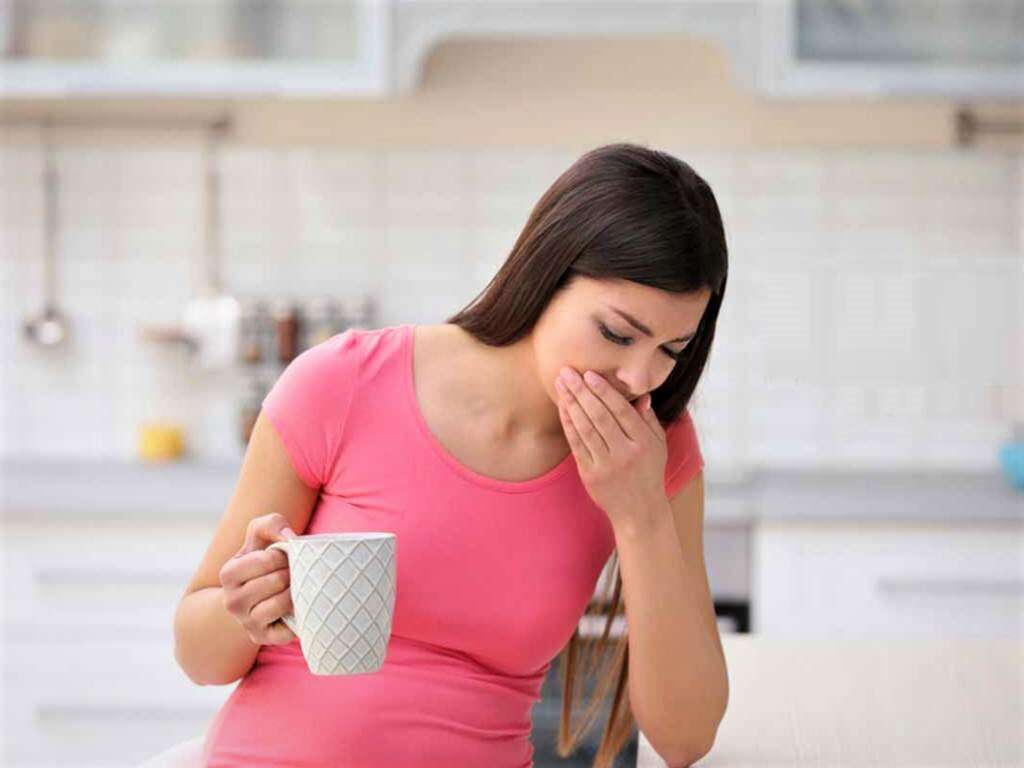
Symptom #9: Loss of Appetite
When a patient is experiencing nausea, vomiting, abdominal tenderness and pain, digestive problems and gas it is only natural to lose his/her appetite, as it is with the case of diverticulitis. The patient will most likely experience loss of appetite and lose a lot of body weight due to this symptom.
Despite dealing with the loss of appetite, you have to make sure that you intake all the necessary nutrients and lots of fluids to make sure that you recover from this difficult condition.
Symptom #10: Urination Problems
Once the infected diverticula erupt, the present inflammation and the bacteria that has been gathering up, start to move further and usually reach the bladder, causing urination problems to develop.
The urination problems occur due to the development of fistula - which is an abnormal growth of connective tissue. The patient may experience urination problems such as the need to urinate frequently and expertise pain whenever he/she urinates. Urinary tract infections are also quite common in the case of diverticulitis. Urinary tract infections due to colon-bladder fistulas are more common among men.



